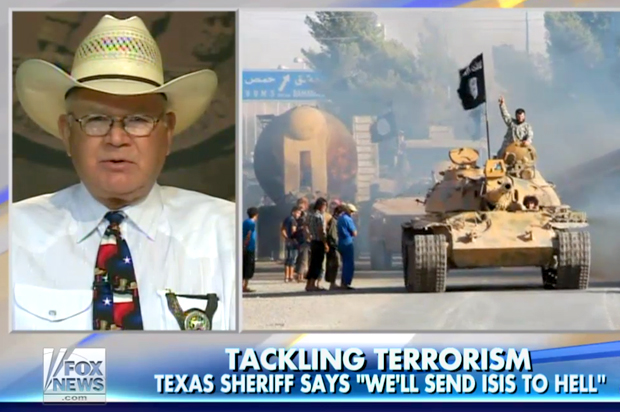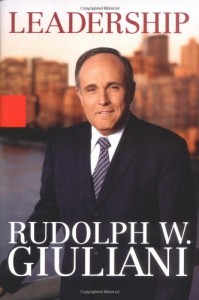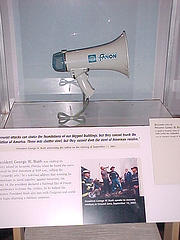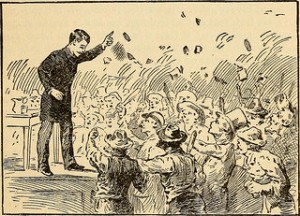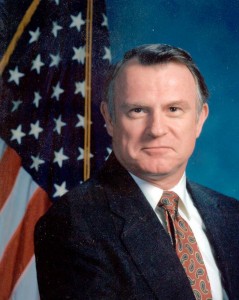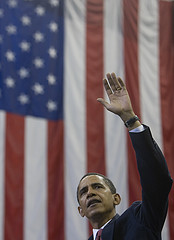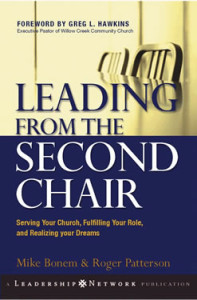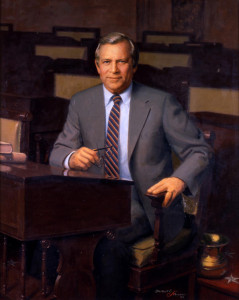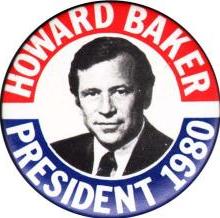I love living in Texas. I usually tell people that I was born in way extreme far east Texas. [better known as Alexandria, Louisiana]. And you get wit & wisdom out of folks in Texas that you don’t seem to find in or around the Capital Beltway. I know, because I lived in that area for quite a while also.
I don’t often tackle politics in my writing. And I really am not trying to tackle politics right now. Instead I think there is a leadership lesson to be learned here. Consider if you will for just a moment Sheriff Gary Painter from Midland County in Texas. Recently he was interviewed on Fox News about the ISIS threat to the United States. Consistent with what he has been saying for at least 8 years he made the following statement. I am providing it below with advance apologies for some of his language as I never want to offend our readers. But here is his quote:
“If they show their ugly head in our area, we’ll send them to hell.
I think the United States needs to get busy and they need to bomb them.
They need to take them out. I would like for them to hit them so hard and so often that every time they hear a propeller on a plane or a jet aircraft engine that they urinate down both legs.”
Contrast that with our President who calls them the “JV squad” and who doesn’t have a plan to deal with them. And ask yourself for a moment,
Click here to read the rest of the article »

